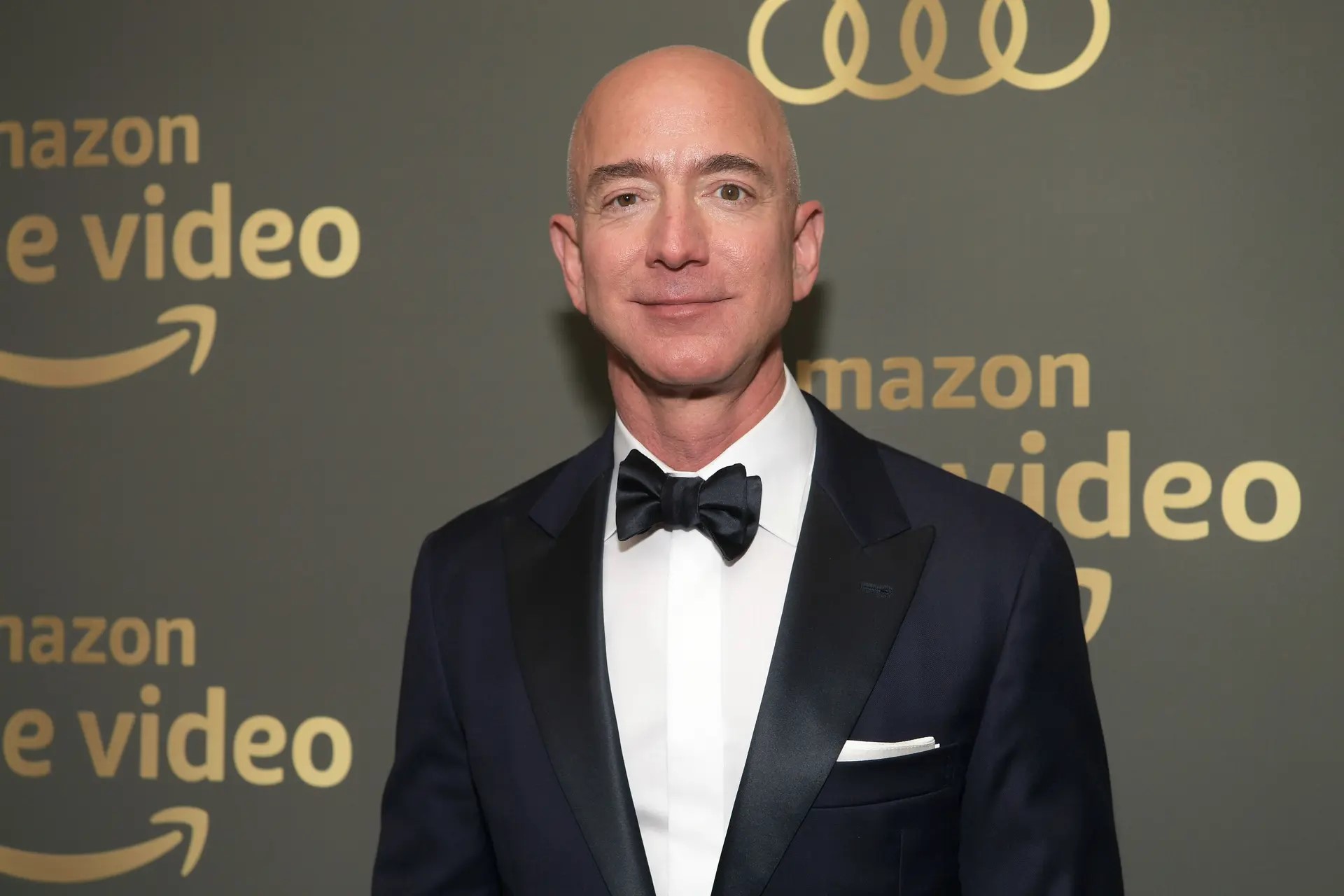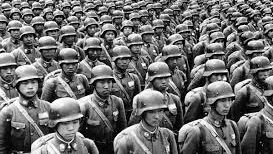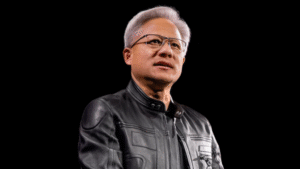In an op-ed that has sparked national discussion, Jeff Bezos, owner of The Washington Post, explained his decision to withhold an endorsement in the 2024 presidential election. In his first public remarks on the matter, Bezos described the decision as a move to preserve the publication’s reputation for impartiality. “Presidential endorsements don’t decide elections,” Bezos wrote. “What they do is create an image of bias, a risk to our independence. Stopping them was a principled decision—one that serves the greater good of honest reporting.”
Bezos’s statement comes on the heels of considerable fallout within The Post, with high-profile resignations and growing discontent among the paper’s editorial board. Pulitzer-winning board member David Hoffman, who resigned Monday, expressed his frustration, calling the decision “a silencing at the worst possible time.” Hoffman described the choice as a “relinquishment of the press’s responsibility to safeguard democracy, especially as threats to democratic values are more pronounced than ever.”
Long-time contributors and legendary journalists Carl Bernstein and Bob Woodward also voiced disappointment in an open letter signed by nearly two dozen Post columnists, denouncing the policy as a dangerous abdication of journalistic duty. Their letter articulated a shared concern that “The Washington Post’s refusal to endorse a candidate marks a serious departure from the principles we’ve upheld for decades, weakening the paper’s vital role in public discourse.”
Former Post editor Marty Baron added to the criticism, dismissing the move as a weak pretense of impartiality. “If readers are trusted to form opinions independently, then scrap all editorials. But deciding not to endorse a single election, just days before the vote, undermines that supposed commitment to neutrality,” Baron commented.
Bezos’s decision has also ignited questions of political motivation. Some commentators suspect that his decision to stay neutral was designed to avoid alienating former President Donald Trump, particularly in light of Trump’s recent meeting with executives from Bezos’s aerospace company, Blue Origin. Bezos has rejected any connection, claiming he was unaware of the meeting’s timing and that the decision was based purely on editorial policy. “No external party, no campaign or candidate influenced this,” Bezos wrote. “The decision was made solely within The Post.”
Bezos further acknowledged the “appearance of conflict” that surrounds his role as both a media owner and an influential tech billionaire, yet he downplayed any claim that his wealth could compromise The Post’s integrity. He described his financial resources as a protective layer against political intimidation, noting that he has rigorously avoided editorial interference since purchasing The Post over a decade ago. “My resources protect this institution, they don’t interfere with it,” he wrote.
In addition to his defense of non-endorsement, Bezos underscored his concerns about the erosion of journalistic standards, particularly given the rise of unchecked media on social networks. “I won’t allow The Washington Post to fade into the noise of unresearched, opinionated content,” he warned. “This paper stands for truth in an era of unprecedented information overload.”
The backlash within The Post has raised challenging questions about journalism’s role in democracy, especially in a time of heightened political polarization. The editorial board now faces an internal divide, with one faction supporting Bezos’s vision of neutrality and others viewing the move as a dereliction of the paper’s responsibility to guide the public.
With The Post at the center of a national debate on media responsibility and trust, Bezos’s statement could signal a shift in legacy media’s approach to political endorsements, marking a pivotal moment as traditional news outlets strive to maintain objectivity while navigating a landscape fraught with increasing scrutiny.









